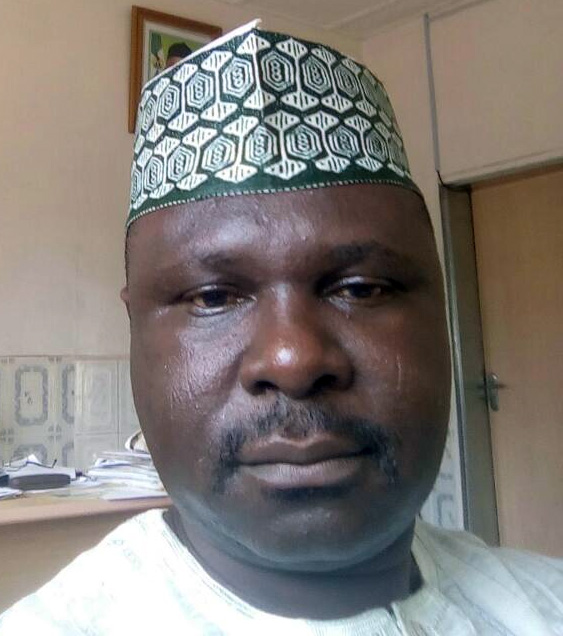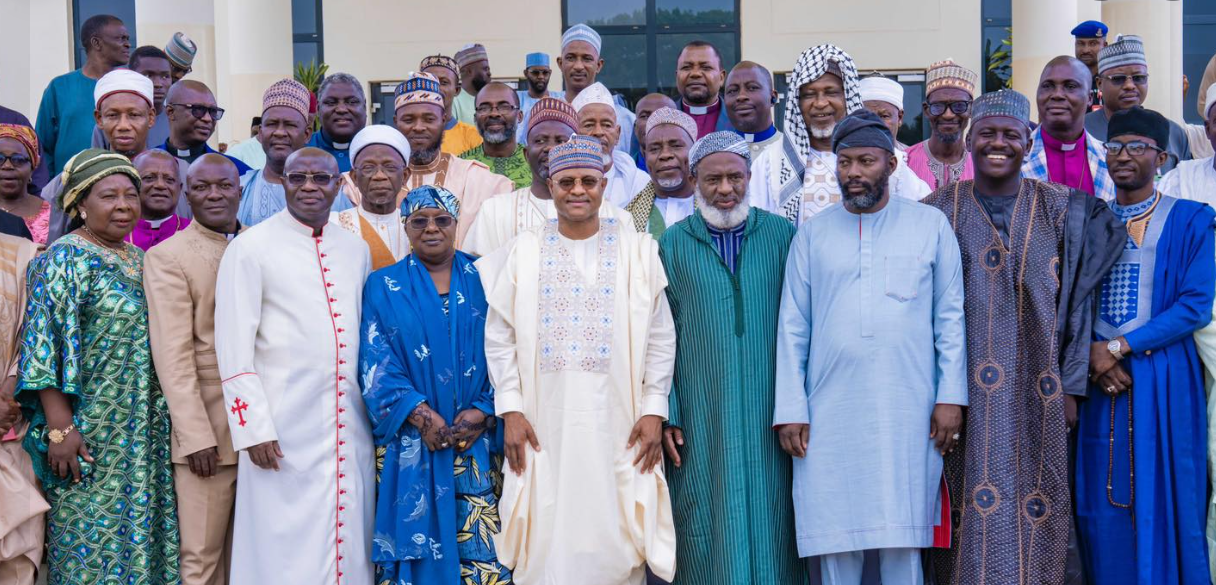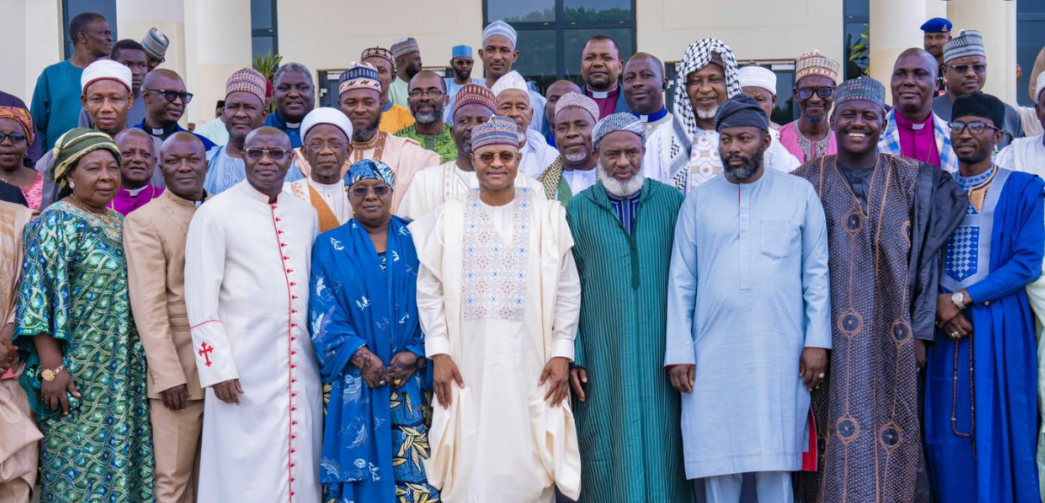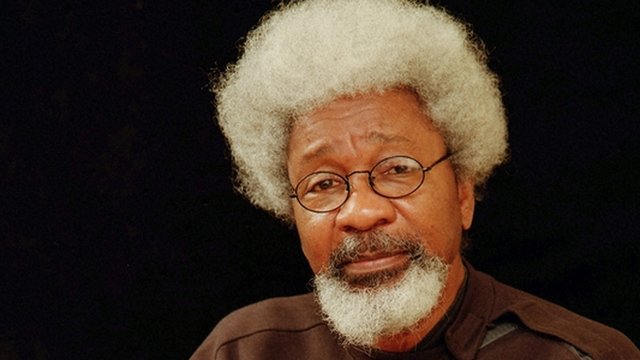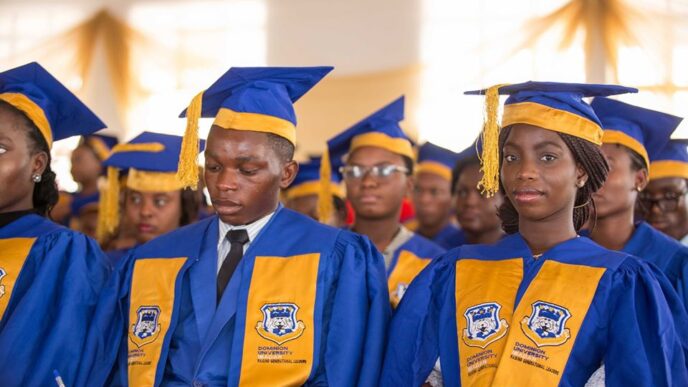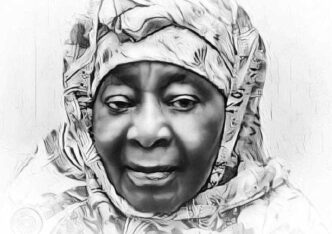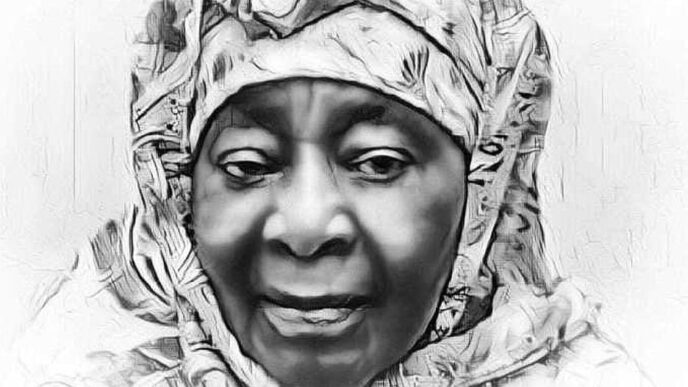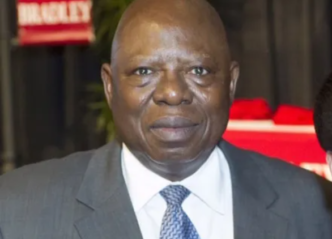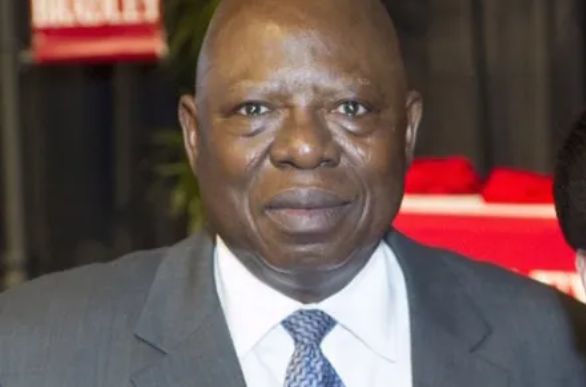Usually, the presidency is like an orchestra and the president, in our present system, dictates the tune like a conductor. Indeed, he leads in front, sets the tone of governance and gives general direction. Similarly, the vice president, ministers and sundry aides, including the federal bureaucracy, walk in tandem with him, expatiating, explaining and carrying out the government’s policies in harmony.
Specifically, Senator Kashim Shettima, the vice president, is the face of Renewed Hope, the explainer-in-chief and the administration’s motivational speaker. Indeed, at official events, social gatherings and just about everywhere, he pitches for the government, explaining Tinubunomics with sincerity, bereft of falutin jargons. Likewise, his genial demeanour, plain-speak and common touch resonate better with Nigerians. Above all, Vice President Shettima and his principal, Asiwaju Bola Tinubu, are always on the same page, reading the same book of governance, written in the language Nigerians understand.
Last week, the vice president was at Tudun Biri, a village in Kaduna state, where a drone attack killed scores of people last December. Shettima, representing Tinubu, flagged off a resettlement scheme for conflict victims. Expectedly, he was in his element as he pontificated on conflicts, listed their triggers and showed the way out. Largely, he recommended the Senator Uba Sani formula, a policy of inclusion, as the permanent solution to conflicts in Nigeria. In one year, the governor has united Kaduna state and his approach, according to Shettima, “is not only a template for other state governors but also the nation at large.”
Significantly, Senator Uba Sani has been mending fences, building bridges of understanding and pulling down walls of distrust in Kaduna state. Likewise, he is erecting a big tent for diverse socio-political tendencies to conflate. Besides, he is reaching out to the opposition, waving the olive branch and asking them to come under one roof.
Advertisement
Similarly, Senator Uba Sani has reached out to elders and senior citizens, retired generals and ex-civil servants, and accomplished businessmen, to build an advisory body. Last October, he convened the Kaduna Elders/Senior Citizens Forum and Alhaji Abubakar Mustapha, former head of service, and retired General Zamani Lekwot, are co-chairmen of the group. Periodically, these elders meet with the governor, rub minds and review areas of potential conflicts.
Likewise, the governor has been engaging with Islamic clerics and Christian clergy, in his drive for inclusion, to seek a common ground of understanding. Rev Joseph Hayab, the ex-chairman of the Christian Association of Nigeria (CAN), has commended him for restoring peace, trust and stability in Kaduna state, pledging to help in strengthening them. Similarly, Prof Shafiu Abdullahi, the chairman of Jama’atu Nasril Islam (JNI), said he is proud of Senator Uba Sani’s people-centred and pro-poor administration, particularly its rural transformation.
Indeed, with the political class under one roof, elder statesmen giving wise counsel and religious leaders tugging in the same direction, conflicts will be few and far between and ethno-religious crises will be minimal. This, in summary, was Shettima’s clarion call at Tudun Biri and the vice president, rooting for inclusion, has endorsed Governor Uba Sani’s hands-on politics. More telling, he spoke on President Tinubu’s behalf and for the executive arm of the federal government.
Advertisement
Views expressed by contributors are strictly personal and not of TheCable.
Add a comment
